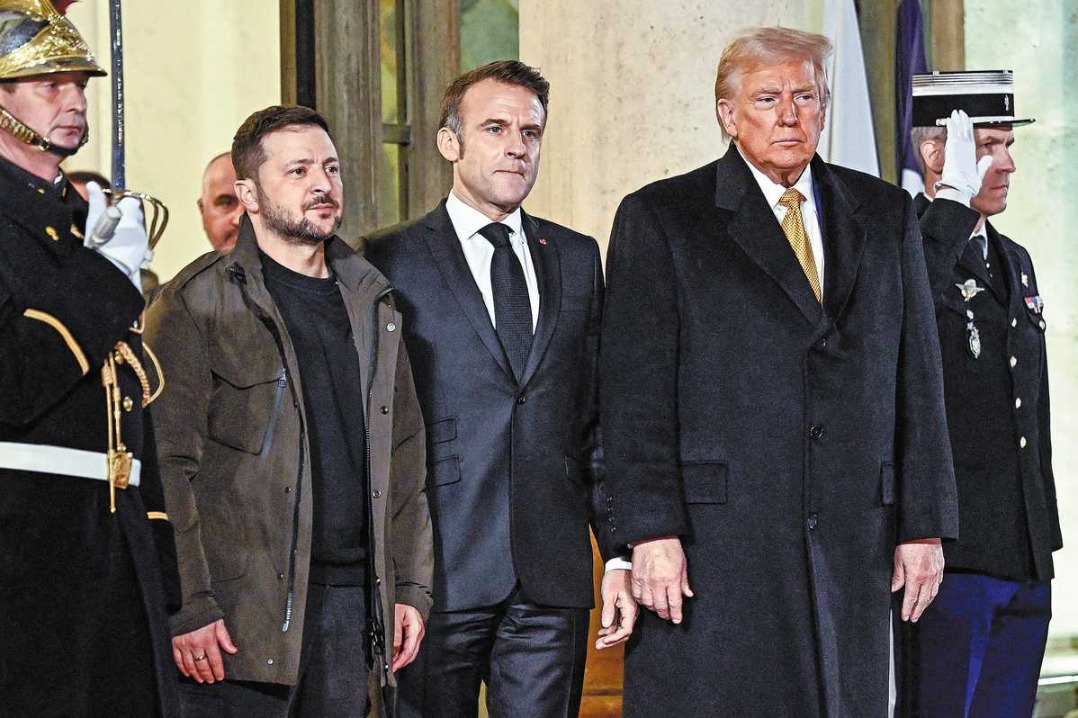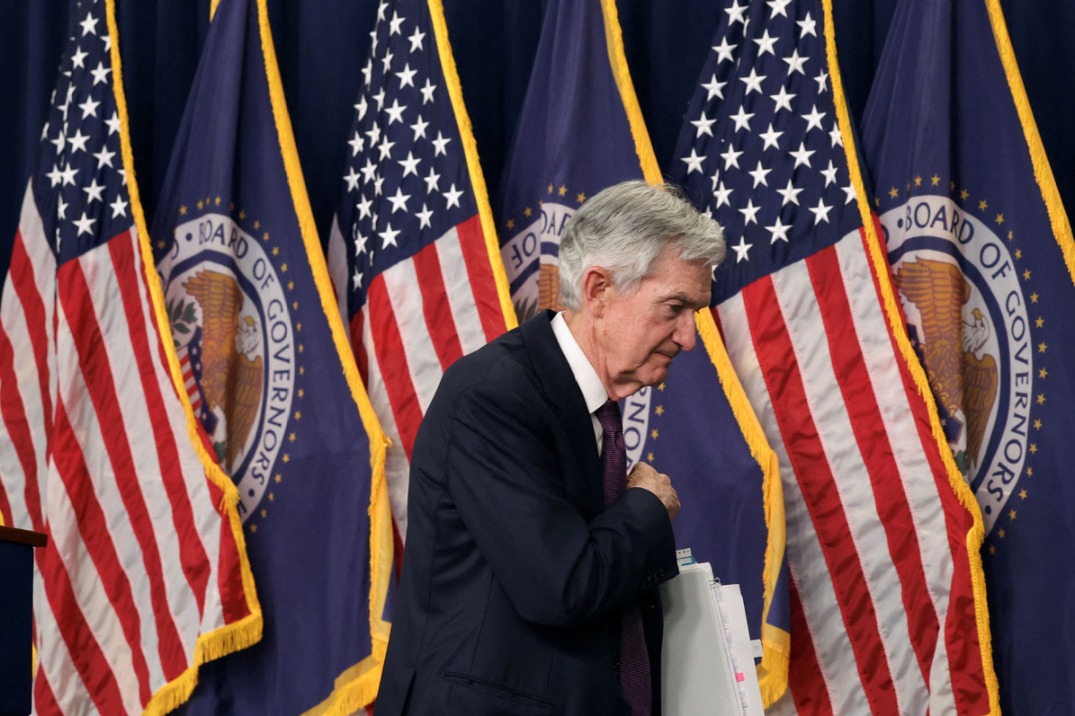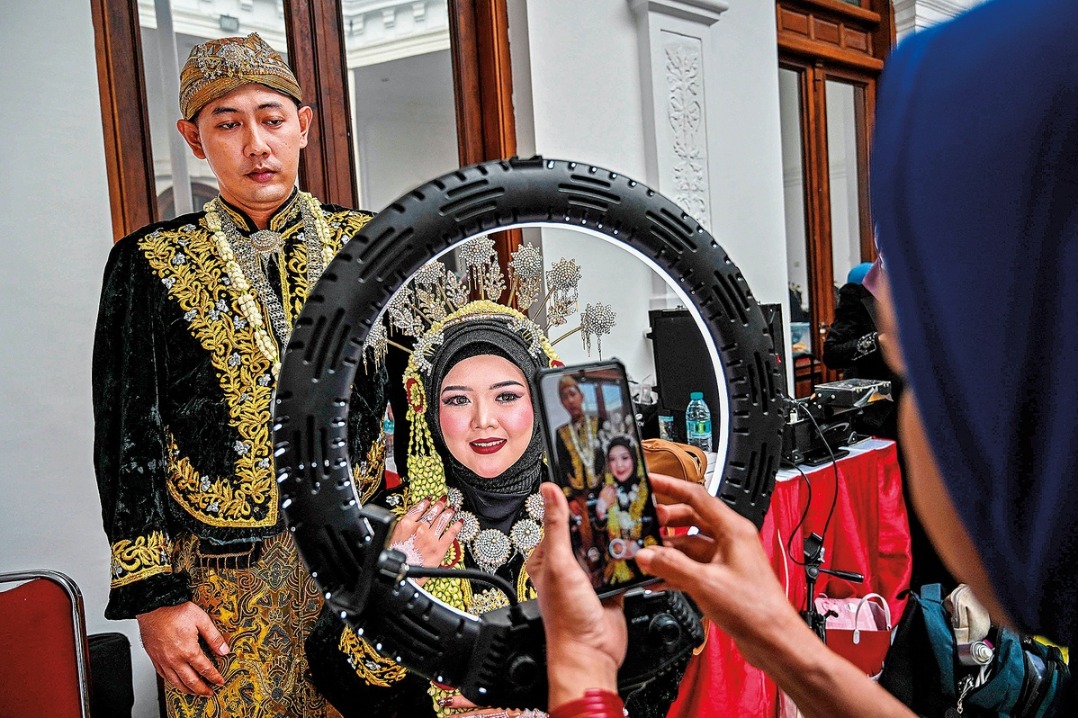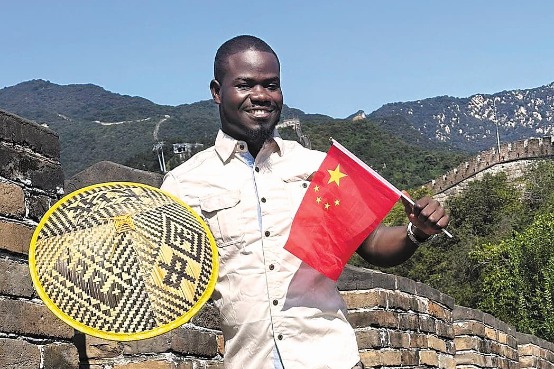Tokyo urged to find path in line with BRI spirit

Japanese experts highly commended the keynote speech delivered by President Xi Jinping at the opening ceremony of the third Belt and Road Forum for International Cooperation on Wednesday and expressed their admiration for the achievements of the Belt and Road Initiative.
Kazuyuki Hamada, international political economist and former parliamentary vice-minister for foreign affairs of Japan, said: "President Xi made an impressive speech in connection with the vast network of China-to-Europe freight and human corridors, which have economically integrated the Eurasian landmass through linking major capitals in Asia and Europe."
Regarding Xi's announcement of the eight major steps that China will take to support the joint pursuit of high-quality Belt and Road cooperation, Hamada said: "The eight steps he announced were the most ambitious and challenging measures to address today's international economic and security needs."
The Japanese government and Japan's private sector are paying close attention and are studying possibilities for cooperation in such a historic large-scale endeavor.
Recognizing that the China-Europe Railway Express now connects more than 100 Chinese cities, runs through more than 100 other Asian cities, and reaches more than 200 European cities, Hamada said Japan needs to find a path to common ground to work together on such a vast transcontinental freight and human exchange system.
"I sincerely wish the global communities will be much more mutually respectful and cooperative. I hope everyone of us would carefully listen and read President Xi's dynamic proposal with an open mind to direct the world into a much more peaceful and prosperous environment. It is expected that such an endeavor would open a window of productive dialogue among all the concerned countries including China, the United States and Japan," he said.
Takakage Fujita, secretary-general of the Association for Inheriting and Propagating the Murayama Statement, a Japanese civic group dedicated to upholding the 1995 Murayama Statement that admits Japan's wartime mistakes, said it is important for Japan to actively participate and make efforts in advancing the BRI.
"President Xi's speech was well-crafted and truly magnificent. It was indeed an outstanding speech with the potential to connect diverse regions of the world," said Fujita.
A fundamental aspect of the initiative is to promote the prosperity and development of regions worldwide and achieve win-win development for a community with a shared future for mankind, following the fundamental spirit of this vision, he said.
Desirable foresight
Fujita emphasized that the 21st century is the era of Asia, and progressing with such foresight is highly desirable.
Kumiko Haba, professor emeritus at Aoyama Gakuin University in Tokyo, said: "As someone who has been observing the BRI for 10 years since its inception in 2013, I would like to extend my congratulations and express my respect for the comprehensive 10-year achievements analysis that is currently underway."
The growth of the BRI has overcome pressure from the US, she said. Instead of hoarding its wealth from its rapid economic development, China has allocated investment and infrastructure to its neighboring and less developed nations. Despite the anti-China propaganda from the US and Europe, these countries have persisted with a belief in humanity's inherent goodness and have used the wealth distributed through infrastructure construction under the BRI to alleviate disparity and poverty.
Satoshi Tomisaka, a professor at the Institute of World Studies at Takushoku University, said: "As mentioned in President Xi's speech, the BRI has entered an era where specific results are being witnessed, moving beyond a vague vision. The confidence in this was evident in the speech."
The success of relationships that center around the rights of people seeking development and prosperity is summed up in one sentence: "Win-win cooperation is the sure way to success in launching major initiatives that benefit all."

































